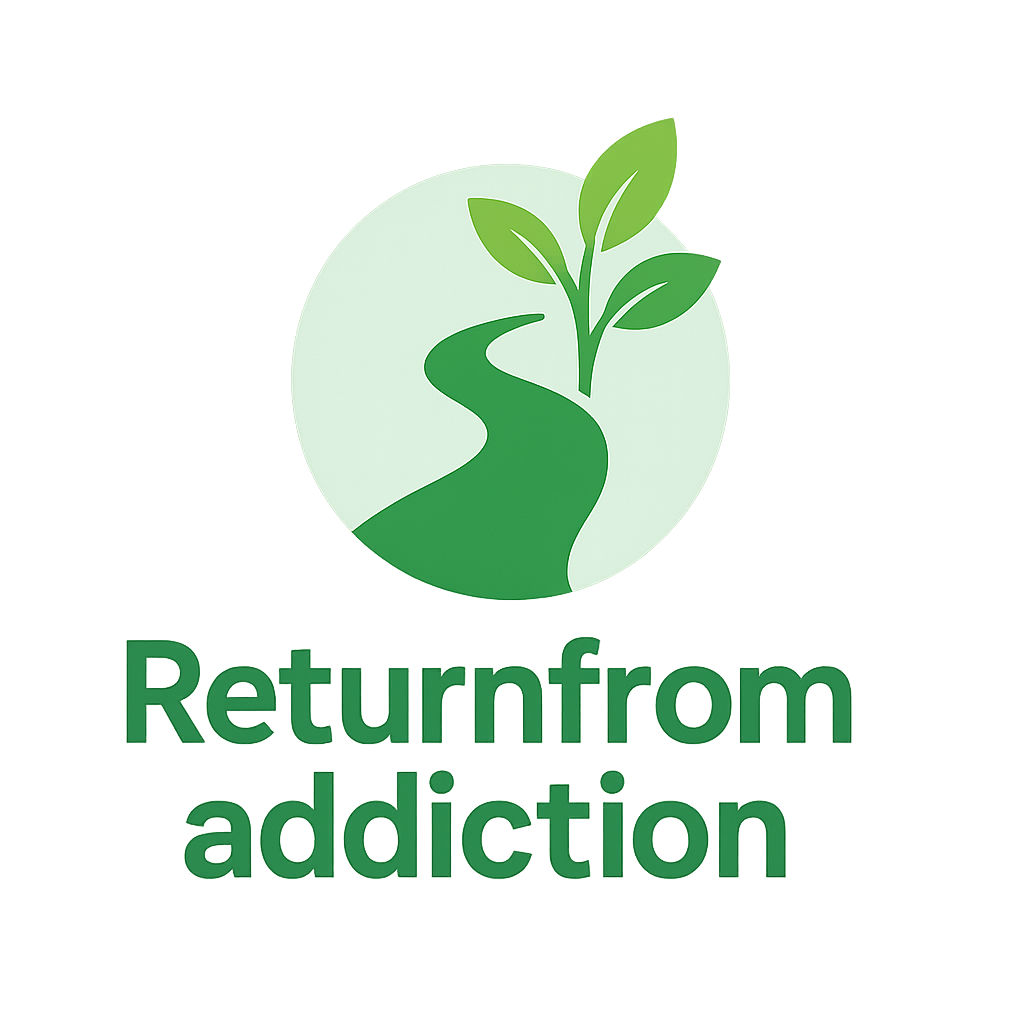Building a sober support network after finishing alcohol rehab makes a big difference when it comes to staying on track with recovery. If you’re fresh out of treatment, things might feel new and a little tricky. I’ve seen that surrounding yourself with the right people gives you a better shot at lasting sobriety, boosting your confidence, and even making daily life more enjoyable along the way.

Why a Sober Support Network Matters
A strong support network acts like your safety net during some of the rough patches post-rehab. This group helps when cravings kick in, provides a non-judgmental place to talk about struggles, and cheers you on as you hit new milestones. Research backs up what a lot of people in recovery already know; connection really matters and can mean fewer chances of relapse.
Plenty of folks leave rehab without a stable group to back them up. Old friends and routines might not fit anymore, and it’s easy to feel stuck or isolated. Recovering with a sense of community makes it easier to stay accountable and ask for help when things get bumpy. The people you spend time with can lift you up, motivate you, and help you remember why you started this adventure in the first place.
Types of Support to Look For
Sober support can show up in a bunch of ways. Building a solid group usually involves mixing these options until you find what feels right.
- Peer Recovery Groups: Programs like Alcoholics Anonymous, SMART Recovery, or Women for Sobriety give you regular meetings, shared stories, and a place to build connection. Most cities offer several groups, and many meet both in person and online.
- Sober Friends and Family: Not everyone’s lucky to have family or friends who completely understand recovery, but even one supportive person makes a big difference. Consider reconnecting with relatives who have your back, or building friendships with those who support your choices.
- Professional Support: Therapists, counselors, and recovery coaches know the ins and outs of sobriety, triggers, and emotional challenges. Regular check-ins keep recovery front and center and offer guidance as you steer through struggles.
- Online Recovery Communities: Virtual groups, forums, and apps let you connect with others 24/7 for advice, encouragement, or just a friendly chat when things get tough.
- Sober Activities and Hobbies: Trying new things with likeminded people is a double win; less temptation and a chance to find fun in unexpected places.
Getting Started: How to Build Your Sober Network After Rehab
Making those first connections after rehab takes some effort, but each step is worth it. Here’s what I recommend if you’re just starting out:
- Reach Out to Groups in Your Area: Search for local meetings. Many people feel unsure about that first visit, but giving a couple different formats or meetings a try helps you find your fit.
- Look Beyond Rehab Contacts: Don’t hesitate to stay in touch with people you met in treatment, especially if you clicked with them. They get what you’re going through and can be a big source of comfort.
- Talk to Supportive Family and Friends: You don’t have to share every detail, but being open about what you need makes it clearer for others to help.
- Try Sober Social Events: Some towns have recoveryfriendly hangouts, book clubs, sober sports leagues, or art classes. These can help add fun without pressure.
- Explore Online Communities: If in person support feels hard to access or you’re a bit shy, start with an online group. There’s less pressure, and you’ll often find lots of encouragement from people in all stages of recovery.
Checking out more than one group or resource is a good idea. The more connections you have, the safer and more confident you’ll feel.
Common Hurdles and Practical Tips for Staying Connected
Keeping up with a support network doesn’t always go smoothly. Here are a few hang-ups I see a lot, with ideas for handling them:
- Feeling Awkward: It’s hard to walk into a room of strangers, even more when you’re vulnerable. Remember, everyone there started somewhere, and people are a lot more welcoming than you think.
- Old Friends With Old Habits: Sometimes, the folks you used to hang with just aren’t healthy to be around anymore, at least for now. Creating some space can feel sad, but it opens up room for new connections that support your goals.
- Embarrassment or Shame: Talking about recovery isn’t always easy, especially if you’re worried about what people might think. It usually gets easier over time, and you never have to share more than you’re comfortable with.
- Busy Schedules: Life after rehab can fill up fast with work, family, or other obligations. Scheduling standing coffee dates or setting reminders for group meetings helps keep support on your radar.
Talking About Your Needs
Being honest about what you need is really important. If you’re having a rough day, reaching out to someone in your network—even just to say “I’m struggling”—can help lighten the load. Lots of people worry about being a burden, but your true support crew wants to be there for you.
Setting Boundaries
Boundaries keep things healthy. If old contacts try to pull you back into old routines, saying “no thanks” or “I’m doing things differently now” is more than okay. Protecting your peace and sobriety should be your top priority.
Leveling Up: Advanced Tips for a Stronger Sober Network
Once you have the basics down, you can build an even stronger, more rewarding support system by getting a bit creative:
Start a Sober Group: If you notice a lack of options, find a few people who share your goals and launch a group yourself; anything from a coffee meetup to a walking club. Taking initiative draws more positive people into your circle.
Help Others in Recovery: Volunteering with recovery organizations or sharing your story with new members often helps you stay grounded and remember your own motivation. Plus, giving back feels pretty awesome.
Make Your Support Regular: Don’t just rely on people when you’re at your lowest; keep in touch at random times or celebrate wins together. Little check-ins go a long way in maintaining those bonds.
Mix Fun With Sober Living: Plan activities such as game nights, outdoor adventures, and movie marathons that focus on enjoying life without alcohol. Fun itself makes being sober feel more sustainable.
Another great way to give a boost to your network is by looking beyond traditional recovery groups and joining local community service, sports, or creative clubs. Engaging in these environments can help strengthen your sense of belonging and purpose, providing new friendships and positive distractions that support your sobriety. Sometimes just sharing laughs during a community event or exploring new activities with supportive people creates a solid foundation for long-term success.
Real-World Scenarios: Sober Support in Action
Imagine this: you’re a few weeks out of rehab, and you get invited to a family party where alcohol will be front and center. With a go-to support person or group text, you’ve got a backup plan for tough moments, whether that’s leaving early, having a check-in call, or just venting in real time. Or maybe you’re hit with a tough week at work where stress levels are off the charts. A peer from your recovery group is up for coffee and a chat, which helps you process without reaching for a drink.
I’ve witnessed countless stories where having the right people around is what made the difference between staying strong and slipping into old patterns. The feeling of not being alone, even if that’s just one person on the other end of a phone, keeps you moving forward.
- Celebrating Milestones: Your network will cheer you on for monthly, yearly, or even daily victories, and those celebrations add up.
- Learning From Shared Experiences: Listening to how others have handled similar struggles gives you more options and ideas if you face the same thing.
- Having Honest Check-Ins: It’s useful to have people who will call you out—gently—if you start slipping back into risky habits or thinking.
Frequently Asked Questions
Question: How soon after rehab should I start building a support network?
Answer: As soon as possible is usually best, but don’t worry if it takes a little while to settle in and find your crew. Any step forward counts.
Question: What if I live in a small town and there aren’t many group options?
Answer: Online options fill the gap. Plenty of recovery forums, meetings, and apps connect you with others who “get it,” no matter where you live.
Question: How can I tell who will really support my recovery?
Answer: Trust your gut. True allies encourage you to stick with your new path and never pressure you to go back to old habits. Actions really do speak louder than words.
Looking Ahead: Keeping Your Sober Network Fresh and Active
Recovery is about progress, not perfection. Your network might change as you grow, and that’s totally normal. Stay curious and keep meeting new people, trying different groups, or picking up fresh hobbies. The goal is to feel connected, understood, and ready to handle whatever comes your way. A strong support network isn’t about the number of friends, but about having real, reliable people in your corner as you stay on your sober path.
